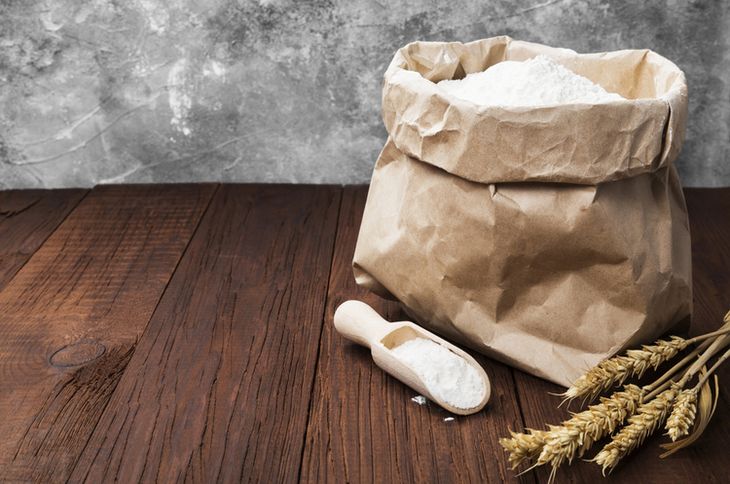Georgia may extend duties on flour and barley from Russia

If the duty is extended, it will ease the long-term situation, including for those who store wheat, a grain producer representative said.
The Georgian Grain and Flour Producers Association has called on the government to extend the temporary duty on imports of flour, barley and bran from Russia, Levan Silagava, the Association’s executive director, said on the BMG media platform.
In order to support Georgian farmers who have had problems selling their grain harvest due to lack of demand, Georgia introduced a temporary duty on imports of flour, barley and bran in the summer of 2023. Initially, it was in effect until November 1, 2023. It has been extended twice – first until March 1, 2024, and again until September 1, 2024.
“We have raised the issue with the Ministry of Agriculture to extend the duty valid until September 1. This duty is a tax on imports of flour, barley and bran, which effectively balances the floating tariffs on imported wheat and puts the plants in a competitive environment,” said Silagava.
According to him, if the duty is extended, it will facilitate the long-term perspective, including for those who store wheat to be able to consider stable supplies to mills after September.
“According to preliminary data, this duty will be maintained,” Mr. Shilagawa said.
According to him, the duty has already brought 35 million GEL to the budget.
“The duty was introduced in June last year and brought quite serious dividends, including for the budget. Thanks to this duty, the budget received about 35 million GEL, which had never happened before, so it helped the mills to work, harvest wheat, and bread prices were stable,” Silagava said.
According to a government decree, imports of more than 200 kilograms of wheat flour were subject to a tax of 0.2 GEL per kilogram. In October 2023, it was increased by 25% to 0.25 GEL per kilogram, and imports of more than 200 kilograms of barley and bran are taxed at 0.1 GEL per kilogram.
Georgia consumes approximately 800 thousand tons of flour per year. Most of the wheat flour consumed (approximately 78%) comes from Russia, which is the largest supplier, including grain.
With the increase in the export duty on wheat from Russia and, as a result, the increase in imports of flour, which was not subject to the export duty, all mills in Georgia suspended production in the first quarter of 2023, as they did in 2021. As a result, barns were overflowing with wheat, and farmers simply had no place to put the harvest.
Difficult times for Georgian flour millers came in the summer of 2021 after Russia introduced a floating duty on grain exports. As a result, Georgia increased flour imports from Russia several times, reducing wheat imports by more than 30% in 2022. As a result, almost all mills in the country stopped working.
Mills started to import wheat again and increase production only by the end of 2022, when the floating export duty on wheat was reduced. The second production crisis for the mills occurred in March 2023 due to increased flour imports and an increase in the export duty on wheat from Russia.
Therefore, following consultations between the Georgian government and mills, Georgian wheat producers and bread producers, a temporary tax on flour imports was introduced on June 12, 2023, to restore equal tax treatment for flour and wheat in the Georgian market, thereby ensuring the operation of the flour milling industry.
The introduction of the temporary duty helped to restore equal competition between flour and wheat imports. As a result, the mills resumed operations.
Read also
Wheat in Southern Brazil Impacted by Dry Weather and Frosts
Oilseed Industry. Leaders and Strategies in the Times of a Great Change
Black Sea & Danube Region: Oilseed and Vegoil Markets Within Ongoing Transfor...
Serbia. The drought will cause extremely high losses for farmers this year
2023/24 Safrinha Corn in Brazil 91% Harvested
Write to us
Our manager will contact you soon



